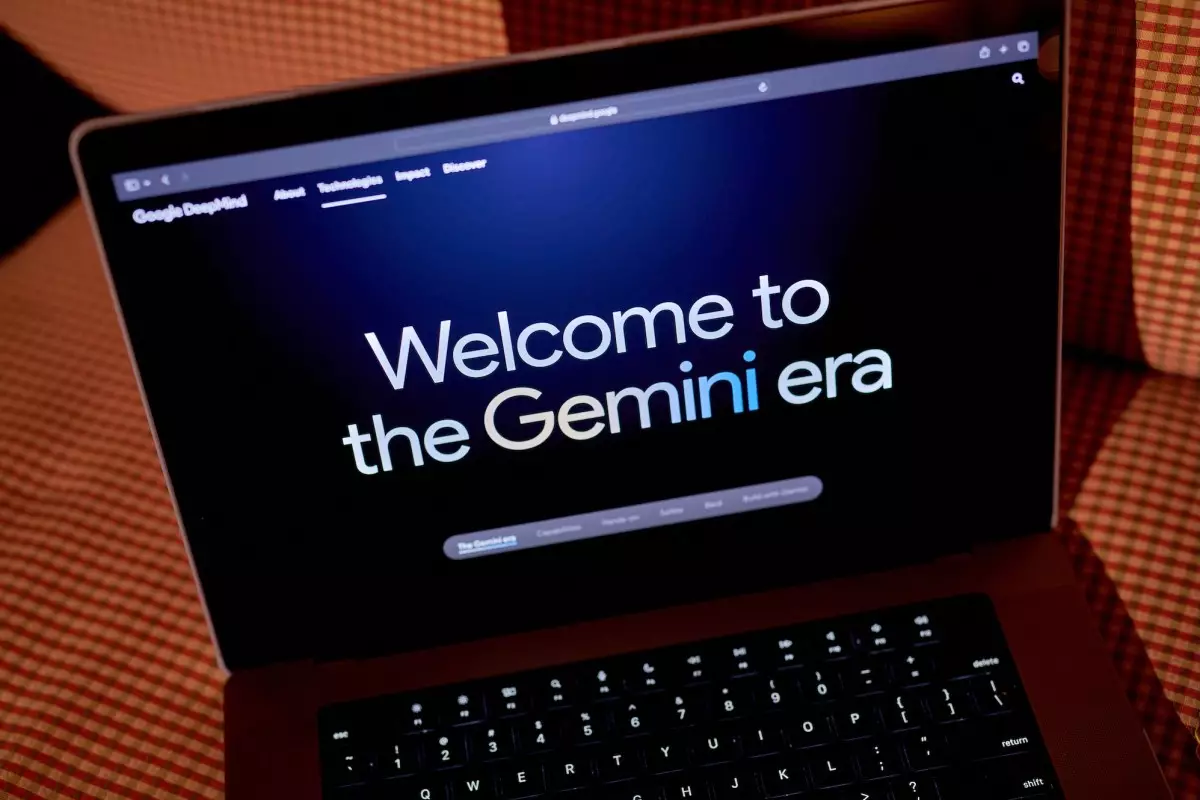Artificial intelligence has begun reshaping the digital landscape at an unprecedented pace. While traditional search engines like Google have long dominated the traffic ecosystem, recent data reveals a burgeoning shift fueled by AI-powered platforms. In June 2025, AI referral traffic to the top 1,000 global websites escalated over 350% compared to the previous year, signaling a rapid growth trajectory that could redefine how users discover and interact with online content. Despite this surge, Google remains the reigning king in web traffic, accounting for hundreds of billions of referrals. However, the cracks are forming in its dominance as users increasingly turn to AI overviews for quick information, reducing their reliance on direct links.
This transition represents more than just a minor trend; it is a paradigm shift in how information is consumed. AI platforms like ChatGPT, Gemini, and others are not just supplements but are gradually becoming central hubs of digital discovery. They serve as intelligent filters, providing summarized content that often negates the need for users to click through to individual websites. While this streamlines information access, it also raises critical questions about the future of website traffic, advertising revenue, and the very nature of online engagement.
Impact on Content Creators and News Outlets
The news media sector faces unique challenges amidst this transformation. As AI summaries become more prevalent, traditional news outlets are experiencing a decline in direct referrals—an essential revenue stream. The concept of “Google Zero” is gaining traction among publishers as they brace for a future where search engines no longer act as primary traffic drivers. For instance, The Wall Street Journal’s recent analysis highlights how AI overviews are increasingly diverting readers away from their sites, threatening their business models.
Survey data from Pew Research Center underscores this issue, revealing that when users receive AI summaries for their queries, they are significantly less likely to click on actual links—an almost 50% reduction in click-through rates when AI content is provided first. This trend suggests a potential crisis for online publishers whose revenues hinge on user engagement and ad impressions. Some media giants are fighting back, with The New York Times taking legal action against AI companies like OpenAI over the use of their content for training purposes. Such legal battles underscore the tension between innovation and intellectual property rights in the AI age.
Yet, some media organizations are adapting by leveraging AI to enhance their content strategies rather than oppose it. Those who can find ways to incorporate AI insights while still encouraging direct engagement may find new pathways to sustain their influence and revenue. The broader question remains: is this an inevitable evolution or a disruptive force that could fundamentally unsettle the current online business models?
The New Frontiers of AI Referrals in Different Sectors
Beyond news and media, the influence of AI-driven referrals permeates various sectors such as e-commerce, technology, and social networks. Giants like Amazon, Etsy, and eBay continue to see rising referral numbers from AI platforms, hinting that consumers are increasingly comfortable turning to AI summaries before making purchasing decisions. With over four million referrals from AI platforms in June, e-commerce entities stand to gain both opportunities and challenges—opportunities in targeted engagement and challenges in reduced direct traffic.
In the realm of social media and tech, Google’s leadership remains unchallenged in overall referrals. However, platforms like Reddit, Facebook, and GitHub also enjoy significant AI-driven engagement, indicating that AI platforms are becoming an integral part of how users navigate complex digital ecosystems. The dominance of ChatGPT as the primary source of AI referrals highlights a centralization trend—one where a few platforms could dominate user interactions and data flows, further consolidating power within a handful of tech giants.
This shift also impacts research and informational domains, with Wikipedia and research portals like NIH experiencing notable referral counts. These platforms, traditionally relied upon for factual information, are now part of a vast network where AI can serve as a gateway, altering how knowledge is accessed. Nevertheless, as AI summaries become more sophisticated, the importance of direct site visits for in-depth understanding remains crucial, especially for academic and professional purposes.
The Impending Power Dynamics and Future Implications
The rapid growth of AI referral traffic underscores an impending reshaping of digital dynamics. The potential for AI to act as a gatekeeper—deciding what information is highlighted and how users engage—is both an opportunity and a threat. For consumers, AI promises faster, more personalized experiences. For content creators and website owners, it necessitates a strategic rethink: how to thrive in an environment where direct site visits decline and AI summaries become the new handshake of online discovery.
One critical aspect is the control over training data and access rights. Major players—like The New York Times—are asserting their rights through legal channels to regulate AI’s use of their content. This tug-of-war over data ownership and access rights could shape the future of AI development and, consequently, the digital economy.
While it might seem that AI referrals are just a passing phenomenon, their explosive growth indicates a fundamental shift in user behavior and technological influence. As these platforms evolve, their integration with mainstream web navigation will become more seamless, potentially rendering traditional search engines less relevant. The future may hold a digital landscape where AI becomes the primary interface—filtering, guiding, and shaping every click.
The reinforcement of these trends will depend on how publishers, tech companies, and regulators respond to the changing tides. Those who recognize AI as a partner rather than a threat will better position themselves to adapt and even thrive. Conversely, unwillingness or resistance to the technological tide could leave some behind in a rapidly evolving internet landscape. The coming years will prove whether AI referrals can bridge the gap or redefine the very fabric of online engagement.

